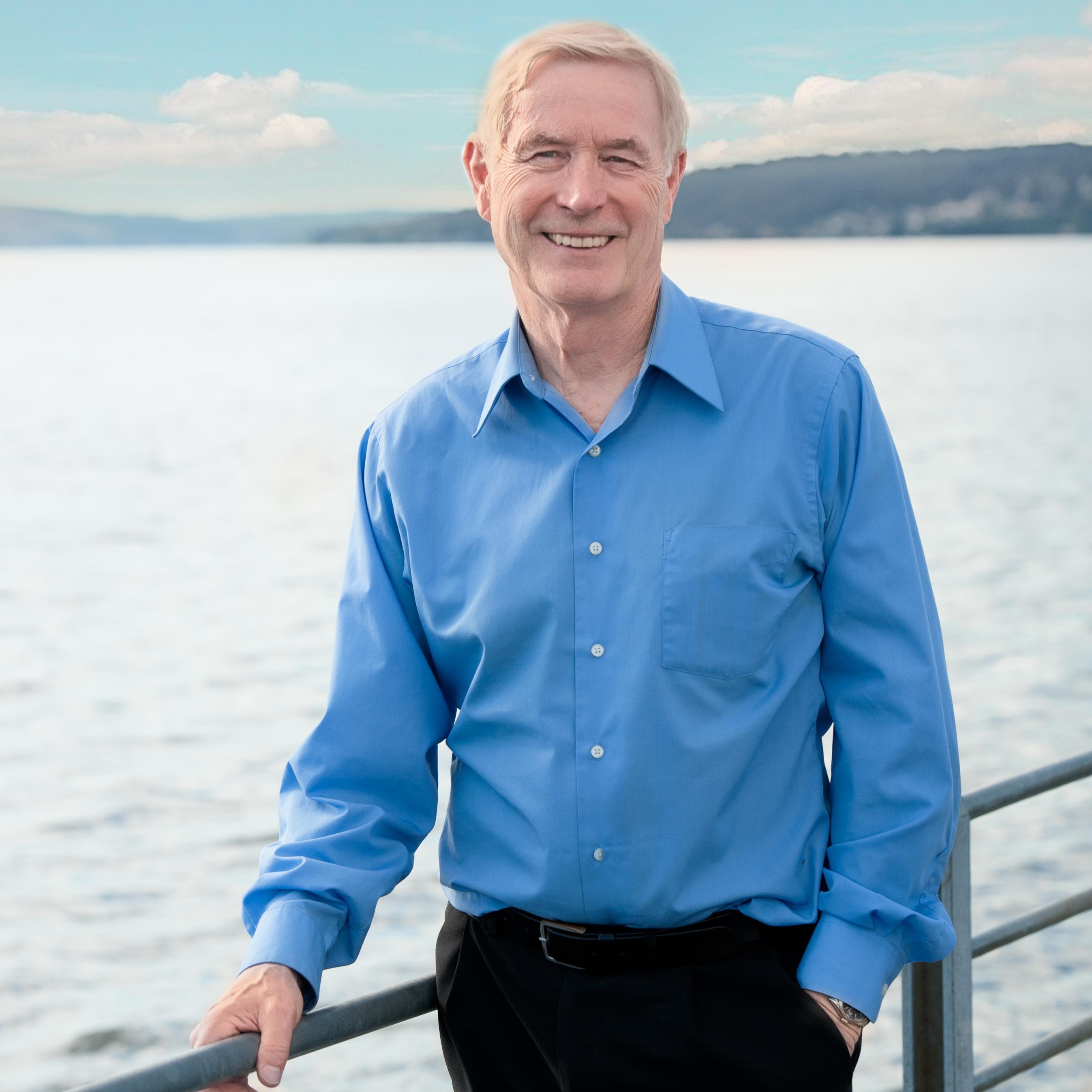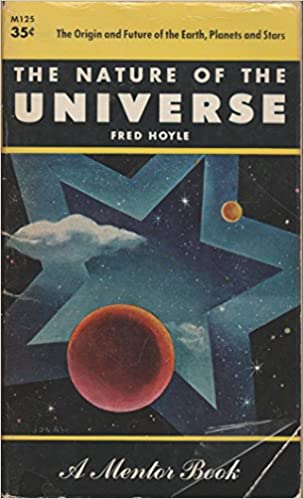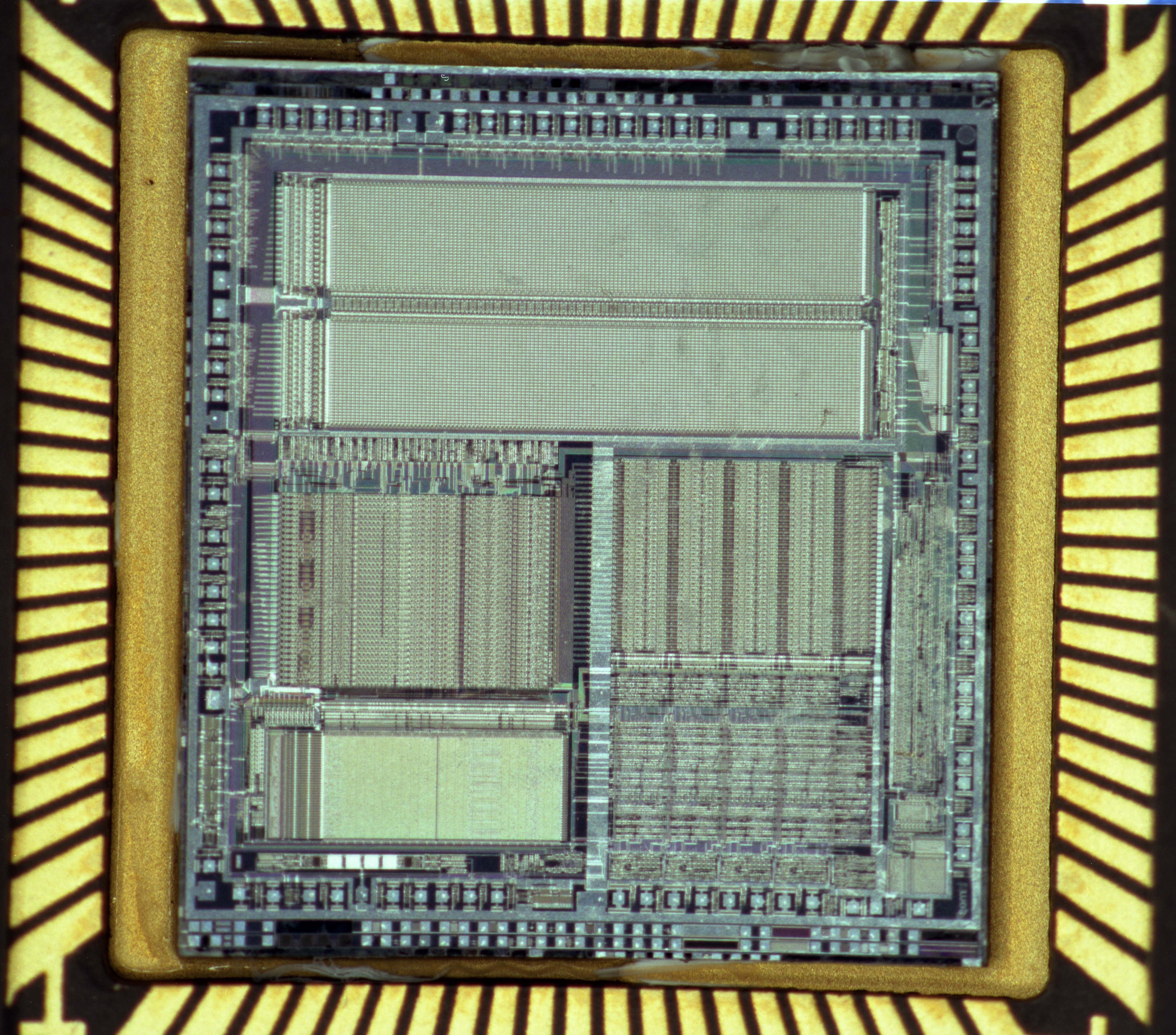“I particularly like having the freedom to look across all 'Big Data' issues across the whole of STFC."

Fred Hoyle's book 'The Nature of the Universe' first sparked Tony Hey's interest in science.
“Hoyle's book, which was based on some lectures he had given on the BBC, explained how the heavy elements that made up the Earth had been made in supernova. With his Steady State theory of continuous mass creation and his science fiction book 'The Black Cloud', Hoyle was one of my earliest inspirations", explains Tony. “Other inspirations were the Banesh Hoffmann's book 'The Strange Story of the Quantum' and James Coleman's book 'Relativity for the Layman'."
By this time Tony was already a teenager, and as a result he chose to focus on physics, chemistry and maths from then on. “This was not with a particular career in mind other than a vague wish to be some sort of scientist", explains Tony. “It was just because these subjects were fascinating and there was so much to know." After school, having decided to continue with his education, Tony enrolled at Worcester College at The University of Oxford. “I chose Oxford rather than Cambridge so that I could focus entirely on physics rather than Cambridge's Natural Science degree. I was fortunate enough to receive state support for both my undergraduate and postgraduate courses."
Upon completing his degree, driven by a genuine interest in learning more about relativistic quantum mechanics and particle physics, Tony chose to specialise in theoretical physics and went on to read a PhD in Particle Physics. His thesis advisor was based at RAL.
After completing post-docs at the California Institute of Technology and CERN, he joined the Physics Department at the University of Southampton. In 1986, Tony's research interests moved towards parallel computing message-passing systems so he transferred to the Electronics and Computer Science Department. While there he created the UK's leading research group in parallel computing.
"The T800 transputer was used in the first parallel computer that my group built at Southampton. It was in a European project with UK chip manufacturer Inmos and was called the Supernode machine", explains Tony. "It was later marketed by two companies – Parsys in the UK and Telmat in France – and was very successful for a number of years. RAL was involved in leading the UK Transputer Initiative."
After periods as Head of Department and Dean of Engineering at Southampton, Tony served as Director of the UK's e-Science initiative from 2001–2005, helping to build a new scientific infrastructure for collaborative, multidisciplinary, data-intensive research.
In 2005, Tony was awarded a CBE for his services to science in the New Year's Honours List. Shortly afterwards he joined Microsoft. As Vice President in Microsoft Research, Tony was responsible for collaborative university research engagements. He also managed the multidisciplinary e-Science Research Group within Microsoft Research which focused on computational genomics, new scientific visualization technologies, and environmental research.
In January 2011, Caltech hosted TEDxCaltech, an exciting one-day event to honour Richard Feynman, Nobel Laureate, Caltech physics professor, iconoclast, visionary, and all-around "curious character." Tony was delighted to be invited to present a talk about his favourite computer scientist.
After leaving Microsoft in 2014, Tony decided he needed a new challenge. Knowing about the big data challenges at the experimental facilities and at the Hartree Centre, he decided to look for a job at STFC. In November 2015, he was appointed as STFC's Chief Data Scientist.
Tony is assisting in the development of STFC's strategy for data-intensive science and high performance computing. His key challenges are to understand the scientific data challenges at RAL and to assist Hartree with the cognitive computing and big data collaboration with IBM Research. The knowledge he is gaining is essential to help him develop an overview of STFC requirements for 'Advanced Computing', including both computing and data. However, his role is wide-ranging. As well as working on the Scientific Computing Department Strategy, Tony is also currently: helping develop the STFC Computing Strategy; looking at research networks for transferring large amounts of Experimental and Observational Data (EOD) both at STFC and across the UK with Jisc and JANET; looking at ePubs and support of STFC's open access strategy with the library and Jisc; and working with the US Department of Energy on Exascale Computing and their open access strategy. “I particularly like having the freedom to look across all 'Big Data' issues across the whole of STFC."
“If I hadn't followed this career path, I would definitely still have been working in science… perhaps as a university professor".
The cognitive computing and big data project with IBM at Hartree is one of the most challenging aspects of his role as “the area of cognitive computing is a very active area of research for all major IT companies". When asked about the most exciting thing he's seen so far at STFC, Tony said: “the JASMIN facility for the Centre for Environmental Data Analysis (CEDA) and working towards an Ada Lovelace Centre for computational and data science support for the facilities."
Tony isn't only interested in strategy and business though. In his spare time, he loves reading, hiking and watching sport. Tony also has a passionate interest in communicating the excitement of science to young people. “I am a trustee of the Winchester Science Centre and I have written several 'popular' STEM books – on quantum mechanics, on relativity and on computer science."
60 second sketch
Every member of staff that is profiled is asked to answer ten simple questions that we think will help you to get to know them better.
- What did you want to be when you were six years old?
No idea!
- What was your favourite TV programme during childhood?
Z Cars - Who's your favourite scientist (dead or alive)?
Richard Feynman - Science or art?
Science - Beer or wine?
Both! - If you could only take one luxury item to a desert island what would it be?
An Internet connection. - Staycation or vacation? (And why)
Vacation – to go to somewhere to hike in mountains
- Are you a planner or are you spontaneous?
Both - If you had a time machine, what time period would you go to and why?
I would stay in this time period - What do you think is a healthy work-life balance; do you manage to achieve it?
Some time off and serious exercise seems to me essential for a good life-work balance.
